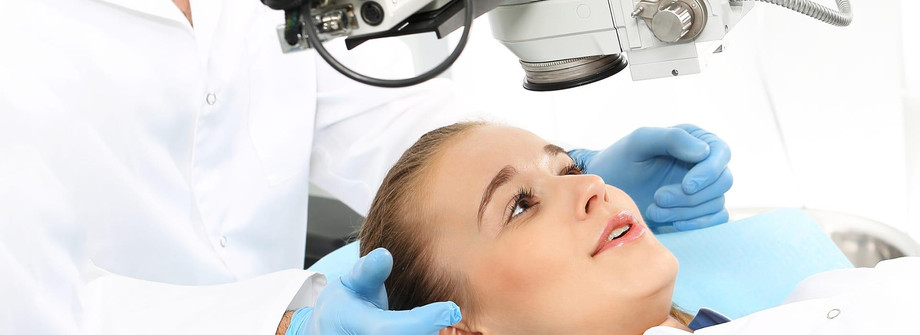Eye health plays a crucial role in our overall well-being, and when it comes to maintaining optimal vision, seeking the expertise of an eye specialist is essential. An eye specialist, also known as an ophthalmologist, is a medical professional specializing in the diagnosis, treatment, and management of various eye conditions. In this article, we will delve into the responsibilities and expertise of an eye specialist and emphasize the importance of regular eye care.
Comprehensive Eye Examinations
One of the primary roles of an eye specialist is to conduct comprehensive eye examinations. These examinations go beyond vision screenings and assess the overall health of the eyes. Eye specialists utilize advanced diagnostic tools and techniques to evaluate various aspects of vision, including visual acuity, peripheral vision, depth perception, and color vision.
During an eye examination, an eye specialist will also check for common eye conditions such as refractive errors (nearsightedness, farsightedness, astigmatism), glaucoma, cataracts, macular degeneration, and diabetic retinopathy. Early detection and diagnosis of these conditions can lead to more effective treatment and management options, minimizing the risk of vision loss or deterioration.
Treatment and Management of Eye Conditions
Eye specialists are trained to diagnose and provide appropriate treatment for a wide range of eye conditions. They may prescribe corrective lenses, such as glasses or contact lenses, to improve visual clarity and address refractive errors. Additionally, eye specialists can perform surgical procedures to address conditions like cataracts, glaucoma, corneal disorders, and retinal diseases.
Furthermore, eye specialists play a crucial role in the management of chronic eye conditions. They develop personalized treatment plans, monitor disease progression, and adjust medications or interventions as necessary. Regular follow-up appointments with an eye specialist are vital for individuals with conditions like glaucoma, macular degeneration, and diabetic retinopathy to ensure timely intervention and prevent complications.
Specialized Expertise
Eye specialists possess specialized knowledge and expertise in their field. They stay updated with the latest advancements in ophthalmology, ensuring they provide the best possible care for their patients. They are trained to interpret various diagnostic tests, such as visual field tests, optical coherence tomography (OCT), and fundus photography, enabling them to make accurate diagnoses and develop tailored treatment plans.
Additionally, eye specialists may have subspecialties within ophthalmology, focusing on specific areas such as pediatric ophthalmology, cornea and external diseases, retina, or oculoplastics. This specialization allows them to provide specialized care for patients with unique needs or complex eye conditions.
Importance of Regular Eye Care
Regular eye care, including routine visits to an eye specialist, is essential for maintaining good vision and overall eye health. Routine eye examinations can detect eye conditions at an early stage when treatment is most effective. Even individuals without apparent vision problems should undergo periodic eye examinations to ensure early detection of any potential issues and receive appropriate preventive care.
For More Info:-






Comments